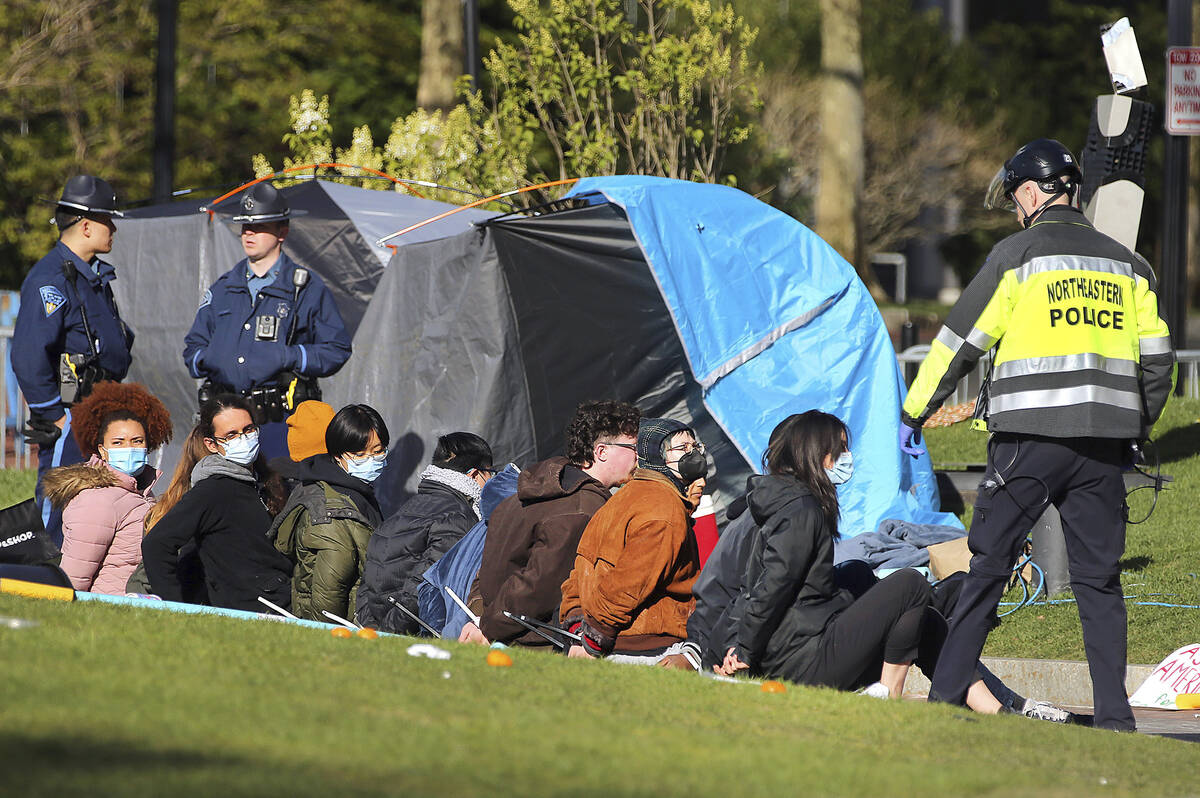VICTOR JOECKS: Gratitude: The lesson the left never learned
Even a quarter of a million dollars in tuition won’t get Columbia University students a better history lesson than I just had at my kitchen table.
My mom and aunt visited recently. My aunt told stories from her childhood and shared one I hadn’t heard before. When she was young, her family moved from Idaho to Canada. Her mom, dad and seven children lived in a house that she said was smaller than my normal-sized kitchen and dining room. My aunt, who was 5 at the time, shared a room with her three sisters. It had two bunk beds. There wasn’t space for a dresser, so they stored their clothes in boxes under their beds.
Her parents shared a room with her two brothers. My mom, who had just been born, slept in the front room. They ate on orange crates in the tiny kitchen.
They didn’t have running water. They used an outhouse and cleaned up with pages torn from catalogs. They heated their home with coal. They bathed by heating water on the stove in a large bucket.
They hung their clothes out to dry but had to be careful in the winter. If they were left on the line when it was windy, their clothes would freeze and snap in half.
This wasn’t a temporary stopover. They lived there for several years.
My mom and aunt are remarkable women, but in one sense their story isn’t. If you go back far enough — and likely not that far — in your family tree, you’ll find something similar. Historically, grinding poverty isn’t an outlier. It was the norm throughout human history.
In many parts of the world, such poverty still exists. The World Bank estimates that “around 700 million people live on less than $2.15 per day, the extreme poverty line.”
Most Americans today, including my mom and aunt, enjoy items that would have seemed like impossible luxuries less than a century ago. Think about cellphones, ubiquitous air conditioning and modern medicine.
What changed? The university students and professional agitators tearing down American flags would say that the wealth of America and the West came primarily from exploiting other countries through colonialism.
You can acknowledge the West has historic sins — as does every civilization — and see the error of this hypothesis. For one, America’s post-World War II dominance corresponded with a stunning drop in the global poverty rate. So much for exploitation. Plus, my mom and aunt didn’t exactly grow up in luxury.
The big-picture difference is that the expansion of capitalism and free trade have greatly increased global wealth. The free market creates wealth, benefiting those throughout the income scale. That includes the world’s poorest people.
On an individual level, choices matter. My mom and aunt studied and worked hard and lived frugally. Thousands of little decisions turned into habits that helped them and their families get ahead.
If you understand the past, it’s hard not to be grateful for the wealth and luxuries almost every American enjoys today. But too many of today’s college students are immersed in propaganda that leaves them ignorant and entitled.
Victor Joecks’ column appears in the Opinion section each Sunday, Wednesday and Friday. Contact him at vjoecks@reviewjournal.com or 702-383-4698. Follow @victorjoecks on X.























